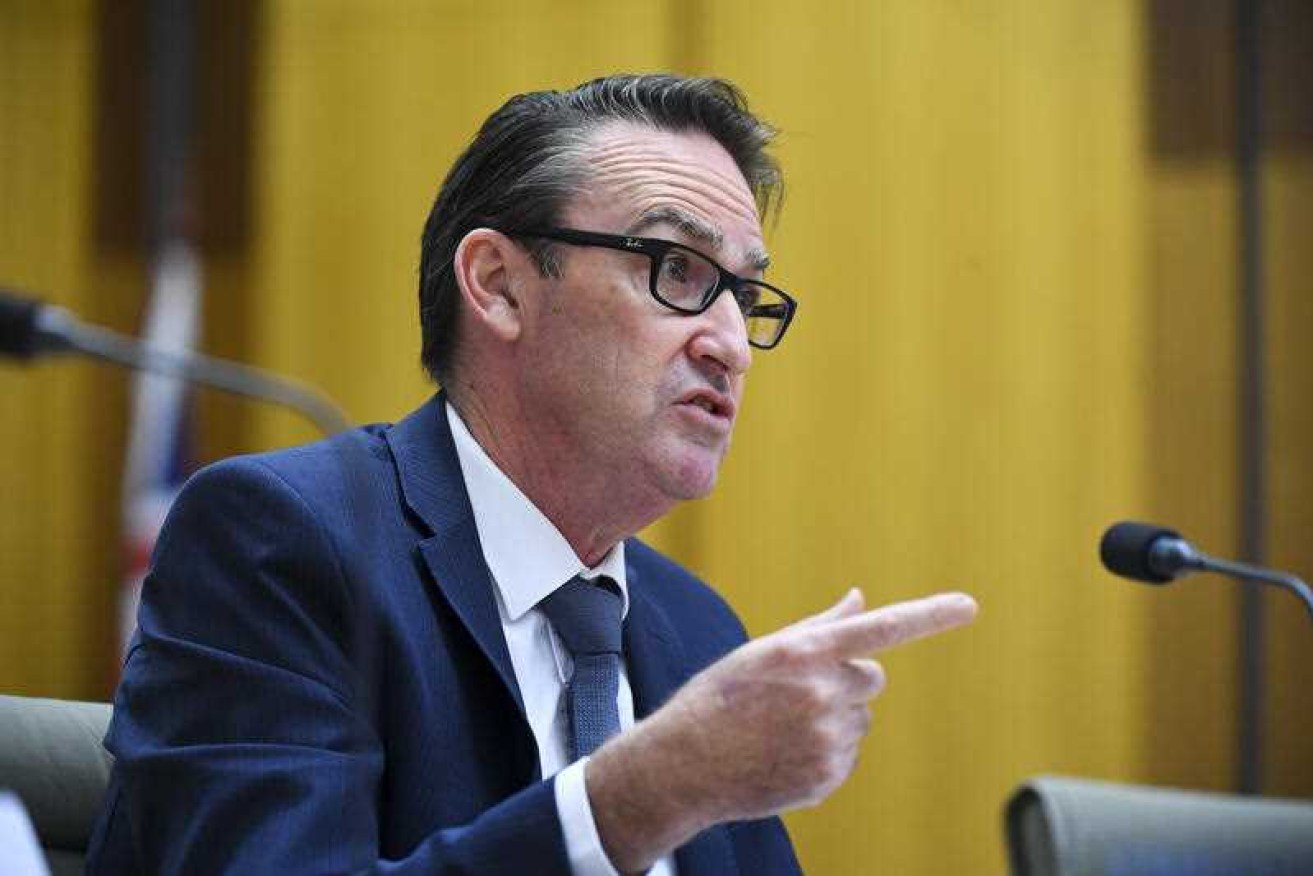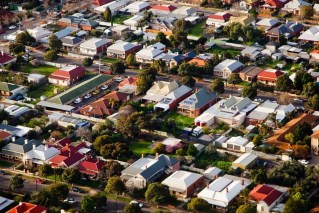Australians set for real wage growth in coming months

Treasury Secretary Steven Kennedy says the gap between wages and price growth has been narrowing. Photo: AAP
The purchasing power of households could soon improve as wage growth starts outpacing consumer price growth, Treasury Secretary Steven Kennedy believes.
Wages are set to start outpacing inflation in the first half of this year as price pressures continue to normalise, Treasury says.
While wages have been growing in nominal terms, consumer price growth has outstripped those improvements, weighing on the purchasing power of households.
Treasury officials confirmed the gap between wage price index growth and the consumer price index had been narrowing and a crossover was anticipated in the first six months of 2024.
The wage price index rose four per cent in the year ended September 2023 and was up 1.3 per cent in the third quarter. The December quarter data are due next week.
The consumer price index lifted 4.1 per cent in the year ended December and was up 0.6 per cent in the fourth quarter.
A hearing was told broad inflation drivers are normalising and now being led by services categories. (Flavio Brancaleone/AAP PHOTOS)
Treasury Secretary Steven Kennedy said the broad drivers of inflation were normalising, and are now being led by services categories.
“We expect that services inflation has likely peaked and will moderate over the next two years,” Dr Kennedy told a Senate estimates committee hearing on Wednesday.
Treasury’s assessment of services inflation was similar to the Reserve Bank of Australia’s, he added.
The RBA has cited still-strong services inflation as a risk factor to its economic outlook, and a reason to keep its options open on interest rates and reactive to incoming data.
Dr Kennedy also said global inflation was continuing to ease but the speed of moderation was slowing.
“This is not unexpected,” he said.
“The echoes of the supply-side shocks are becoming smaller and economies are transitioning back towards services-leading inflation.”
The latest housing price upswing was largely driven by supply-demand imbalance, senators were told. (Bianca De Marchi/AAP PHOTOS)
Greens senator Nick McKim asked the top Treasury official if negative gearing and the capital gains tax discount were putting upwards pressure on housing prices in Australia.
The minor party wants property investor tax breaks significantly scaled back in exchange for its support on the federal government’s help to buy home equity scheme.
Dr Kennedy said the tax settings had been in place for a long time and the latest upswing in housing prices was largely driven by an imbalance between supply and demand.
“Particularly supply, the constraints around supply, but also the faster than we anticipated recovery in population from the pandemic,” he said.
Planning and zoning arrangements in large cities were also struggling to accommodate increases in demand, he said.
Asked if negative gearing and the capital gains tax discount advantage property investors more than first home buyers, Dr Kennedy said the National Housing Supply and Affordability Council, set up last year, would likely be looking into the matter.
“I do provide advice to the government about those sorts of issues. I’ll agree with you they are a relevant consideration.”
– AAP








